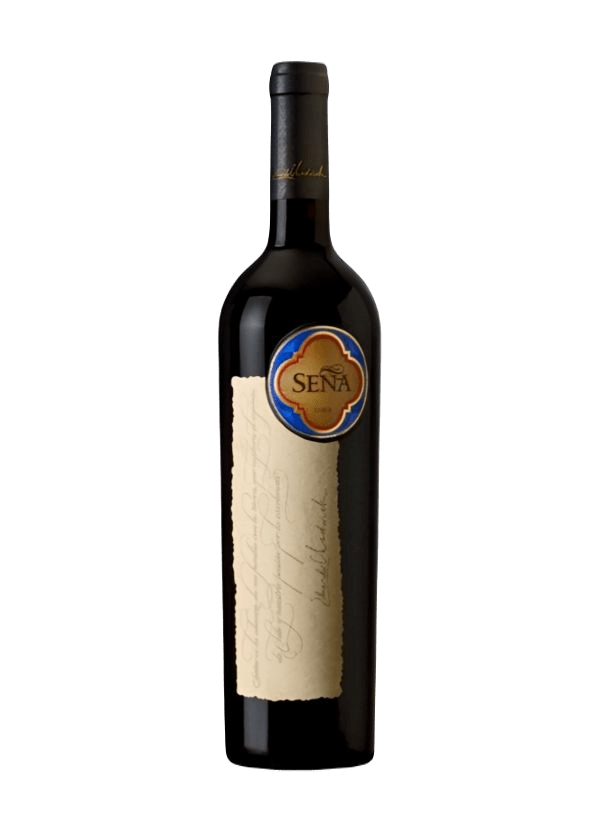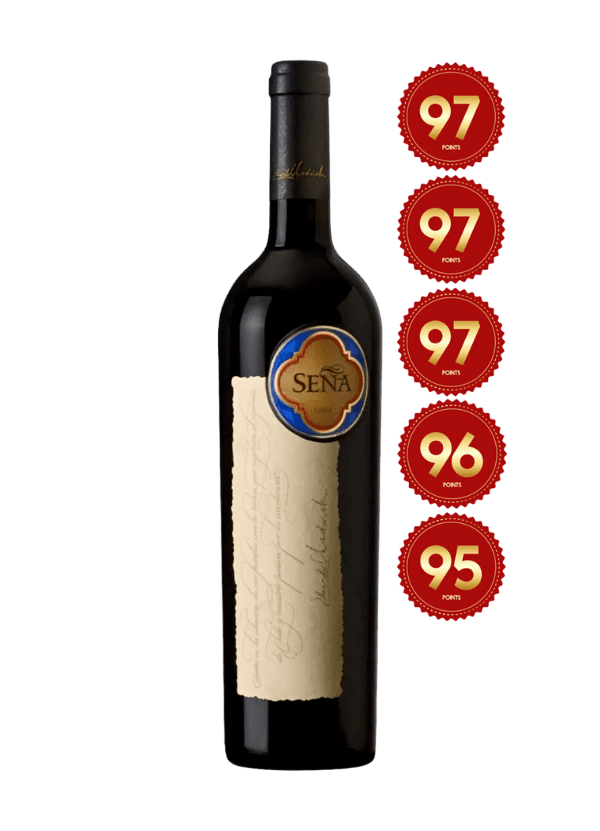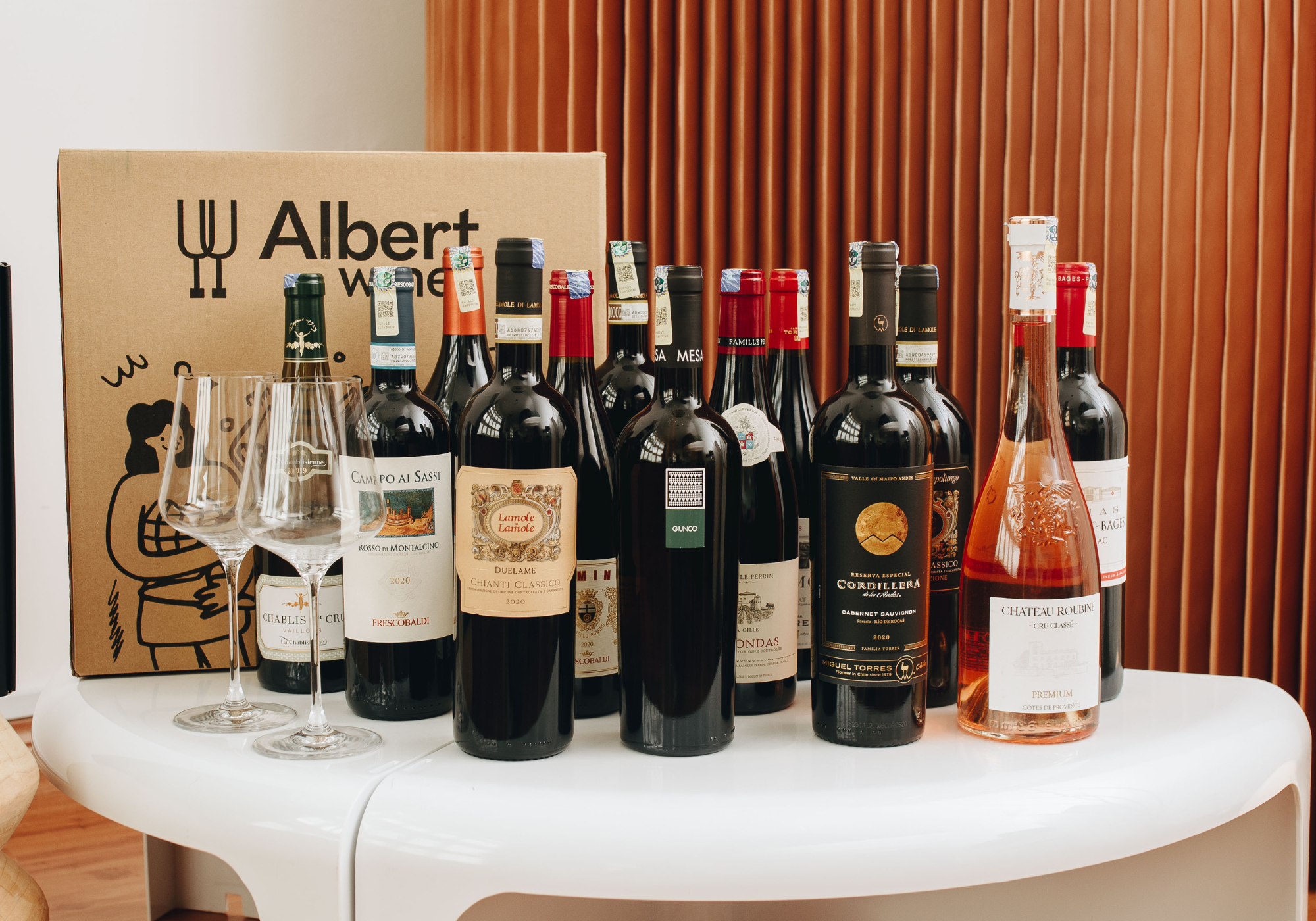

塞纳 2020
Sena 2020 由 53% 的赤霞珠、25% 的马尔贝克、15% 的佳美娜和 7% 的小维铎混合酿造,在 90% 的法国橡木桶(78% 为新桶)和 10% 的大桶中陈酿 22 个月。酒色呈深沉美丽的石榴红色,带有紫罗兰色调,香气复杂,带有多层新鲜的红色水果香气,如樱桃和覆盆子,伴有紫罗兰和令人愉悦的莳萝和迷迭香,并带有淡淡的甜香料味。口感带有年轻水果、更多甜香料和柔滑的香脂味。酒味清新多汁,优雅的细粒单宁营造出丝滑宜人的感觉。2020 年份的 Seña 展现出优雅和平衡,余味丰富而深沉。
Falstaff:97 分;Descorchados:97 分;罗伯特帕克:97 分;蒂姆阿特金:96 分;葡萄酒爱好者:95 分
采用有机种植葡萄酿造
选择选项
关于瓶子的更多信息
酒精含量: 13.50%
尺寸: 750毫升
品牌: 维纳塞纳
国家/地区: 智利
家庭: 红葡萄酒
葡萄品种: 赤霞珠及混合酒
年份: 2020
地区: 阿空加瓜山谷
醇厚
覆盆子
奥基
坚果
巧克力

想要 20% 折扣吗?
全年购买由 Albert Wines 独家代理的品牌葡萄酒可享受高达20% 的折扣,例如 Oyster Bay、Chanson、Frescobaldi 等等!
仅限葡萄酒俱乐部会员
需要幫助嗎?
常见问题
一般的
我们的目标是让我们的网站及时更新最新的葡萄酒信息,包括年份和酒精度。但是,我们可能会错过更新某些年份。如果您需要特定年份的葡萄酒,尤其是高档葡萄酒,请直接联系我们寻求帮助。
网站图片仅供参考,可能与产品不完全匹配。虽然我们力求准确,但发货时的设计可能会发生变化,恕不另行通知。请通过实时聊天联系我们,获取最新的仓库照片。
- 巴生谷 (偏远地区除外):订单日期后 1-3 个工作日
- 巴生谷以外地区:订单日期后 3-6 个工作日

